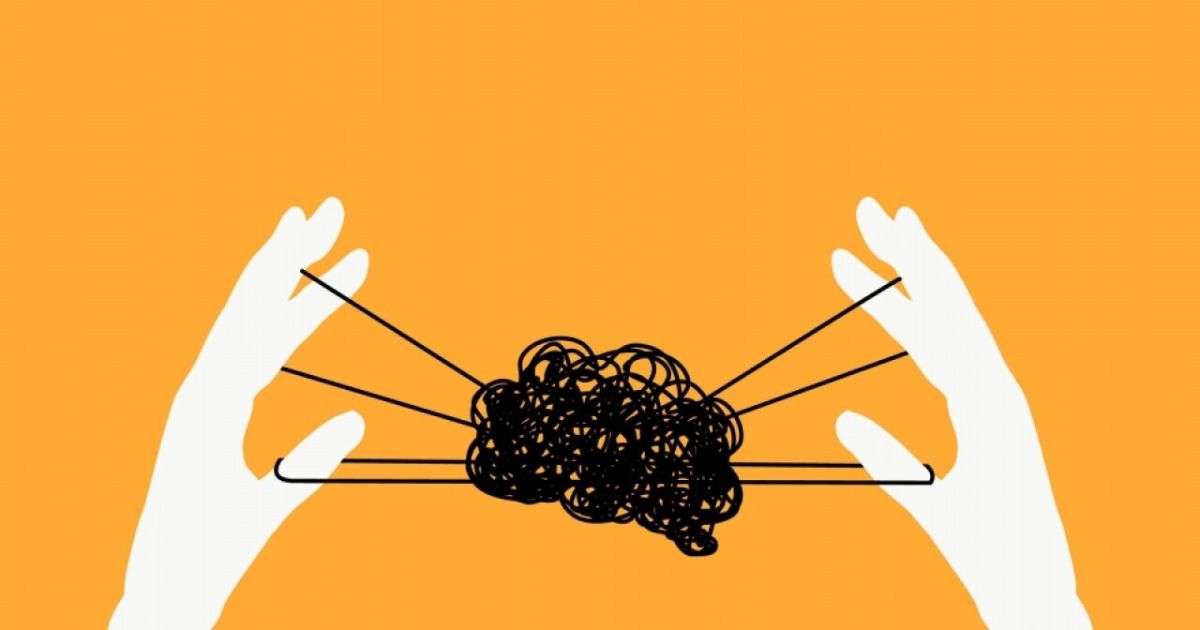In recent years, there has been a growing recognition of the significant racial disparities in mental health outcomes among different racial and ethnic groups in the United States. These disparities, deeply rooted in systemic inequities, have raised concerns and prompted action from clinicians and lawmakers alike.
In this article, we will explore the barriers related to race in accessing mental health care and the collaborative efforts underway to address them.
Understanding the Racial Disparities In Mental Health
Mental health disparities along racial lines are well-documented. Minority communities, particularly Black, Indigenous, and People of Color (BIPOC), often face greater challenges in accessing and receiving adequate mental health care compared to their white counterparts. Several key factors contribute to these disparities:
- Stigma and Cultural Beliefs: Stigma surrounding mental health issues remains a pervasive barrier within many racial and ethnic communities. Cultural beliefs and norms can discourage individuals from seeking help or openly discussing their mental health struggles.
- Healthcare Inequities: Systemic disparities in healthcare access and quality have a direct impact on mental health outcomes. BIPOC individuals are more likely to face inadequate healthcare, which can exacerbate mental health conditions.
- Economic Disparities: Economic inequalities, including income disparities and limited access to insurance, disproportionately affect BIPOC communities. Financial stressors can contribute to mental health challenges.
- Underrepresentation: A lack of diversity in the mental health workforce can result in misdiagnoses and inadequate care for individuals from diverse backgrounds. Many people prefer to seek treatment from professionals who share their racial or cultural identity.
Collaborative Efforts to Address Disparities
Recognizing the urgency of addressing these disparities, clinicians and lawmakers have begun to collaborate on various initiatives aimed at reducing the barriers related to race in mental health care:
- Cultural Competence Training: Mental health professionals are increasingly receiving training in cultural competence to better understand and serve diverse populations. This includes learning about cultural beliefs, traditions, and potential sources of stigma.
- Community-Based Services: Lawmakers are allocating funds to support community-based mental health services that are culturally sensitive and tailored to the unique needs of BIPOC communities. These services often involve community health workers who understand the cultural context.
- Telehealth Expansion: The COVID-19 pandemic accelerated the adoption of telehealth services, which can help overcome geographical barriers to mental health care. Lawmakers are working to ensure that telehealth options remain accessible and affordable for all, including those in underserved communities.
- Diverse Representation: Efforts are underway to increase diversity within the mental health workforce. This includes providing scholarships and incentives to individuals from underrepresented backgrounds who pursue careers in mental health professions.
- Legislation and Policy Changes: Policymakers are pushing for legislation that addresses healthcare disparities, expands Medicaid to provide coverage to more individuals, and enforces mental health parity laws to ensure equal access to mental health services.
- Raising Awareness: Both clinicians and lawmakers are actively engaged in raising awareness about mental health disparities among BIPOC communities. Public education campaigns aim to reduce stigma and encourage individuals to seek help when needed.
Challenges Ahead
While progress is being made, significant challenges remain in the effort to address racial disparities in mental health care. These challenges include:
- Systemic Barriers: The deeply entrenched systemic inequities in healthcare and society at large require substantial and sustained efforts to dismantle.
- Resource Allocation: Adequate funding is needed to support initiatives aimed at reducing mental health disparities. Budget constraints and competing priorities can pose challenges.
- Cultural Sensitivity: Achieving true cultural competence in mental health care requires ongoing training and education for providers.
- Access to Care: Expanding access to mental health services in underserved communities remains a complex task, particularly in rural areas.
- Data Collection: Improving data collection on race and mental health outcomes is crucial for assessing the effectiveness of interventions and policies.
Addressing racial disparities in mental health is a multifaceted endeavor that demands collaboration, commitment, and a long-term perspective. Clinicians, lawmakers, and advocates are working together to ensure that mental health care is equitable and accessible for all, regardless of their racial or ethnic background.
While the road ahead may be challenging, the shared goal of achieving mental health equity is a driving force for change.




























